Social engineering attack
A Complete Guide: Best Ways to Detect Vishing Fraud
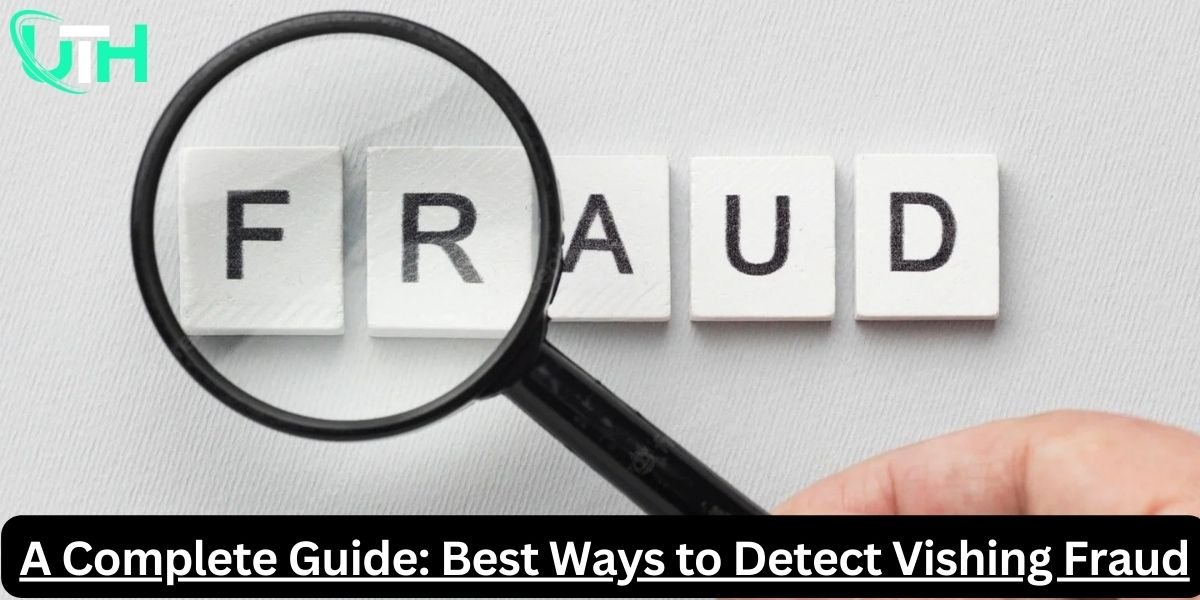
Vishing, or voice phishing, is a type of social engineering attack where criminals try to trick you over the phone into revealing personal or financial information. It can be incredibly convincing, but by understanding the common tactics and red flags, you can significantly reduce your risk. This guide will equip you with the knowledge to detect and avoid vishing fraud.
Understanding Vishing Fraud
What is Vishing?
Vishing (voice phishing) is a scam where fraudsters impersonate trusted entities like banks, government agencies, or tech support to manipulate individuals into sharing confidential details. These scams often involve:
- Fake customer service calls
- Impersonation of law enforcement
- Tech support scams
- Financial fraud calls
How Vishing Works
- Caller Spoofing – Scammers mask their phone number to appear legitimate.
- Sense of Urgency – They create fear or pressure to act quickly.
- Requests for Sensitive Data – Asking for PINs, passwords, or personal details.
- Social Engineering – Using trust and manipulation to extract information.
Best Ways to Detect Vishing Fraud
1. Be Skeptical of Unexpected Calls
- If you receive an unexpected call from a financial institution, government agency, or company asking for sensitive details, be cautious.
- Legitimate organizations rarely request personal information over the phone.
2. Verify Caller Identity
- Ask for the caller’s name, department, and contact information.
- Hang up and call back using the official number listed on the company’s website.
- Avoid trusting caller ID, as scammers use spoofing techniques.
3. Watch for Urgent or Threatening Language
- Scammers often create a sense of urgency, claiming:
- Your bank account is compromised.
- You owe taxes and will be arrested.
- Your computer is infected with a virus.
- Stay calm and analyze the situation before responding.
4. Do Not Share Personal or Financial Information
- Banks and government agencies never ask for:
- Social Security numbers over the phone.
- Credit card CVVs, PINs, or passwords.
- Two-factor authentication (2FA) codes.
- If asked for such details, it’s likely a scam.
5. Listen for Red Flags in the Call
- Poor grammar, robotic voices, or generic greetings (e.g., “Dear Customer”) are warning signs.
- Calls from non-official numbers claiming to be from major institutions.
- Callers avoid direct questions or getting defensive when challenged.
6. Use Call-Blocking Technology
- Enable spam filters on your phone.
- Use apps like Hiya, Truecaller, and RoboKiller to block suspicious calls.
- Register your number on the National Do Not Call Registry to reduce telemarketing scams.
7. Research the Phone Number
- If you receive a suspicious call, Google the phone number to check for scam reports.
- Websites like ScamDetector or CallerComplaints track reported scam numbers.
8. Hang Up and Avoid Engaging with the Caller
- Do not answer “Yes” or “No” to questions, as scammers record responses for fraudulent transactions.
- If you suspect a scam, hang up immediately—don’t argue or try to outsmart them.
9. Report Vishing Scams
- To your bank or financial institution – If you gave out sensitive data.
- To the Federal Trade Commission (FTC) – reportfraud.ftc.gov
- To the FBI’s Internet Crime Complaint Center (IC3) – ic3.gov
- To your local law enforcement
10. Educate Yourself and Others
- Awareness is key to preventing vishing fraud.
- Share knowledge with family members, especially elderly individuals who are often targeted.
- Stay updated on new scam tactics by following cybersecurity resources.
Real-Life Examples of Vishing Scams
Example 1: Bank Account Fraud Call
A scammer calls pretending to be from your bank, claiming unauthorized transactions have occurred. They ask for your account details, OTP, or password to “secure” your account.
Detection Tip: Banks never ask for OTPs or passwords over the phone. Hang up and call your bank directly.
Example 2: IRS Tax Fraud Call
A caller pretends to be from the IRS, claiming you owe back taxes and must pay immediately or face legal consequences.
Detection Tip: The IRS never calls to demand immediate payment—such notices come via mail.
Example 3: Tech Support Scam
A caller claims to be from Microsoft or Apple, saying your computer is infected and you need to install remote access software.
Detection Tip: Tech companies don’t make unsolicited calls about computer problems.
Conclusion
Vishing fraud is a growing threat, but by staying alert and recognizing the signs, you can protect yourself and others. The best defense against vishing is awareness, verification, and caution. Never share personal details over the phone, and report suspicious calls to authorities.
Read More
What is Vishing in Cyber Security? Defination and Meaning, Attacks, Prevention.
How does Vishing Work in Cybersecurity?
-

 Phishing attack8 months ago
Phishing attack8 months agoWhat is Spear Phishing and How You Can Identify This Scam?
-
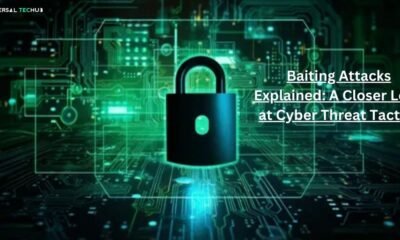
 Social engineering attack9 months ago
Social engineering attack9 months agoBaiting Attacks Explained: A Closer Look at Cyber Threat Tactics
-

 Social engineering attack7 months ago
Social engineering attack7 months agoWhat are Social Engineering Attacks – A Complete Guide to Cyberattacks Prevention
-

 Social engineering attack9 months ago
Social engineering attack9 months agoSpear Phishing Attack: A Targeted Cyber Threat
-
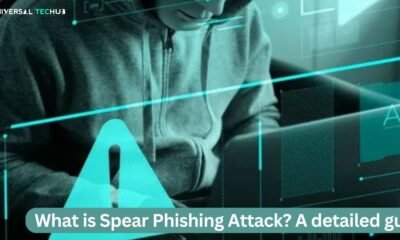
 Social engineering attack9 months ago
Social engineering attack9 months agoWhat is spear phishing attack? A detailed guide
-
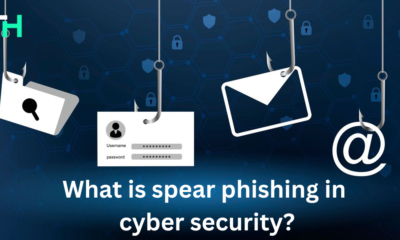
 Social engineering attack9 months ago
Social engineering attack9 months agoWhat is spear phishing in cyber security?
-
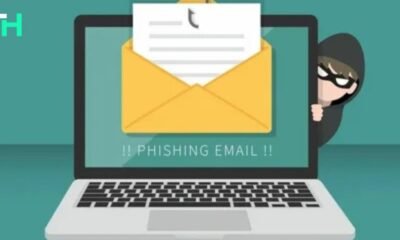
 Phishing attack7 months ago
Phishing attack7 months agoWhat Are Phishing Emails? A guide for you
-

 Phishing attack3 months ago
Phishing attack3 months agoWhy is Phishing Still a Major Cyber Threat? Everything You Need to Know




















